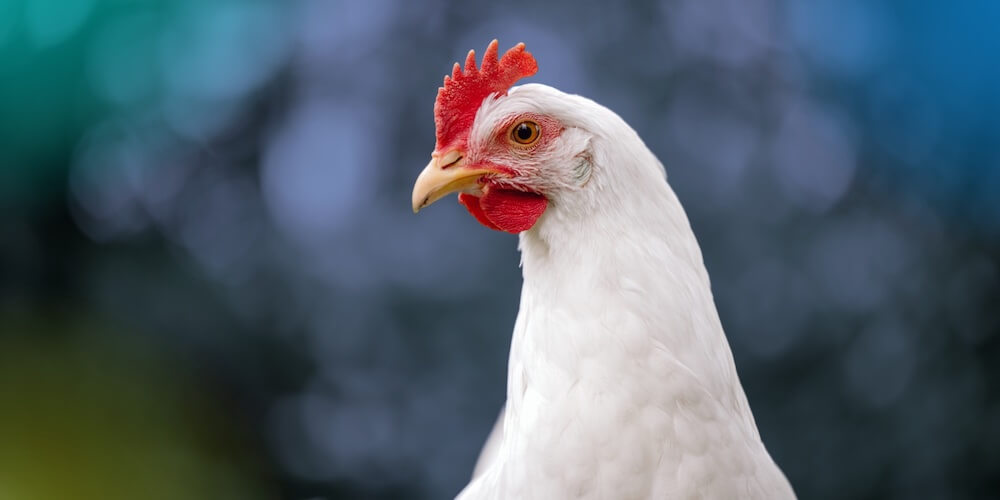
Why Establishing Personal Connections Is More Effective for Corporate Campaigns in Africa

This article will highlight why it is important to consider local contexts when evaluating progress in cage-free corporate campaigns and other animal advocacy work in Africa. The local context here is the unique combinations of social, economic, environmental, cultural, and political dynamics that are peculiar to the African continent at a period in time. Understanding the continental context and the possible challenges it may present to advocates when asking companies to make a cage-free commitment in Africa, such as the timelines, work involved, and outcomes may often differ compared to the rest of the world.
Many African advocates face significantly more challenges when doing corporate outreach work, including: poor animal welfare laws and policies (which are most times nonexistent), lack of constitutional willpower to demand changes to the justice systems, poverty, hunger, political instability, and weak digital communication systems. These challenges have annulled some key corporate campaign strategies such as emailing, social media actions, and physical pressure campaigns, which have reportedly been significant in major milestones achieved for animals elsewhere in the world. Seeing the need to value over 3.2 billion land-based farmed animals’ lives and address their welfare, many advocates in Africa have modelled campaigns around the power of personal connection. Having great interpersonal communication skills and building strong personal connections with people in positions to enact policies affecting the lives of thousands to millions of sentient animals grants advocates the opportunity to communicate from a reason and ethics perspective in a profit-driven culture.
The globalisation of corporate campaigns has led to the localisation of the strategy for the same goal of achieving freedom for those bound in cages. It is imperative, therefore, that evaluating progress leading to this goal should have inclusive lenses for regional or sub-regional variations to avoid metric fixation, where organisations or individuals become overly focused on specific metrics to measure performance.
Recently, an article published by the Open Wing Alliance and Animal Advocacy Africa highlighted how groups ran cage-free projects in three African countries. One of the major takeaways, “using emails as our initial corporate outreach method did not provide the results we had expected as most of the companies we contacted did not respond…” suggests that using a different approach is required in communicating and evaluating progress rather than measuring the success of outreach via emails. A review by Animal Welfare League on corporate outreach work when dealing with local and international companies headquartered outside Africa indicates that international corporations are seven times more likely to respond than local companies. Although unfortunate, Animal Welfare League has also secured and held meetings with seven local corporations in the first quarter of 2023. That progress was achieved largely through personal connections in their in-person outreach to these companies. Other organisations like Farmed Animal Protection Association in Türkiye have reportedly used a similar approach, as indicated by Emre Kaplan, their Executive Director in this episode of the podcast How I Learned to Love Shrimp.
Corporate campaigns in Africa have the potential to take longer periods to secure commitments as advocates are unable to leverage defining strategies used in other parts of the world, such as pressure campaigns, litigation, and targeted street activism (due to weak animal welfare regulations and constitutional power to address such an injustice). Notwithstanding the myriad of challenges, many African advocates are learning and keeping up with the challenge, as quoted by Sibanye Trust founder Alfred Sihwa, “I wish I had known all these [challenges faced during the implementation of their campaigns] before but we are aware now and I understand how we can navigate these issues to achieve the best results for chickens.”
A big thanks to the Staff at Animal Welfare League, Aurelia Adhiambo (The Humane League) and Lynn Tan (Animal Advocacy Africa) for their comments on improving this piece.
Make a gift to our Movement Grants program to support promising charities and initiatives working to improve the lives of animals around the globe.
Filed Under: Guest Blog Tagged With: effective animal advocacy
About Daniel Abiliba
Daniel Abiliba is a veterinarian and currently serves as the Director of Animal Welfare League, an animal advocacy organization based in Ghana working to improve the welfare of animals in the country and region. Its mission is to work with stakeholders, communities, and government to promote animal welfare for a better environment and human health. Its vision is a world where animals are loved, cared for, and protected.